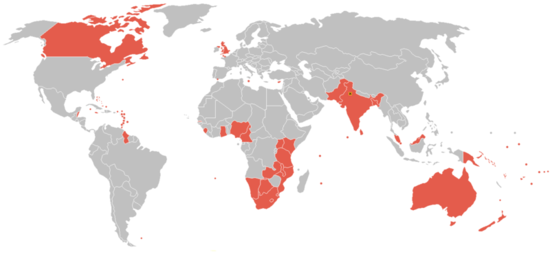
It’s not the last we will hear of the balance of power gradually shifting eastwards – towards emerging economies, as the western world grapples with a financial crisis of monumental proportions. But a news headline from the week gone by gives credence to that oft repeated rhetoric. At a time when corporate houses across the west are cutting down on endowments that run world class institutions like Harvard University, India’s most respected corporate honcho Ratan Tata, outgoing chairman of the diversified Tata Group, stepped in and made a splash with his $50 million gift to Harvard Business School, his alma mater.
Tata isn’t alone. Anand Mahindra of M&M made a $10 million donation to Harvard a few days ago. As did Nandan Nilekani, founder of Infosys, by signing a $5million cheque to Yale. Given that Indian corporates aren’t exactly known for their philanthropy, these are gestures that should evoke a sense of huge empowerment for India – a third world country having the muscle to support global institutions is not a joke after all!
But many in India probably think this is a case of misplaced generosity. Not surprising, especially at a time when education in the country is being part funded by World Bank loans and with government schemes that are struggling to provide nutritious mid-day meals to incentivize children to come to school. There are other glaring statistics too that could perhaps justify how our infertile, and hopelessly outdated education system needed this money more than Harvard did. Public education in India is a catastrophe – let’s face it, and given that 90% of our graduates are unemployable, corporate India should have been all the more forthcoming with its help.
Some have been. Most haven’t!
While the Tatas mentor iconic institutions like TIFR & TISS, corporate interest in education has largely been economic and not driven by corporate social responsibility.
But should corporate social responsibility of an organization be limited to the geographic boundaries of its country, determined by poverty charts and need of funds? Or should giving a thrust to centers of excellence be an equal priority, notwithstanding the fact that some need it more than the others?
Universities like Harvard are breeding grounds for innovation and talent and they ought to be supported. Every big original idea you can think of from the last decade, be it Google, Facebook or Apple has sprung from America, often from the stimulating atmosphere provided by these universities. Few Indian universities have a culture of encouraging ideas, and cheap political stunts like introducing reservations have all the more compromised their ability to excel. So it’s hardly surprising that the private sector doesn’t want to put its money in there.
I am sure the day we have an institution half as good as Harvard, Ratan Tata will write a cheque for twice the amount he gave Harvard! The question is, will that ever happen?






